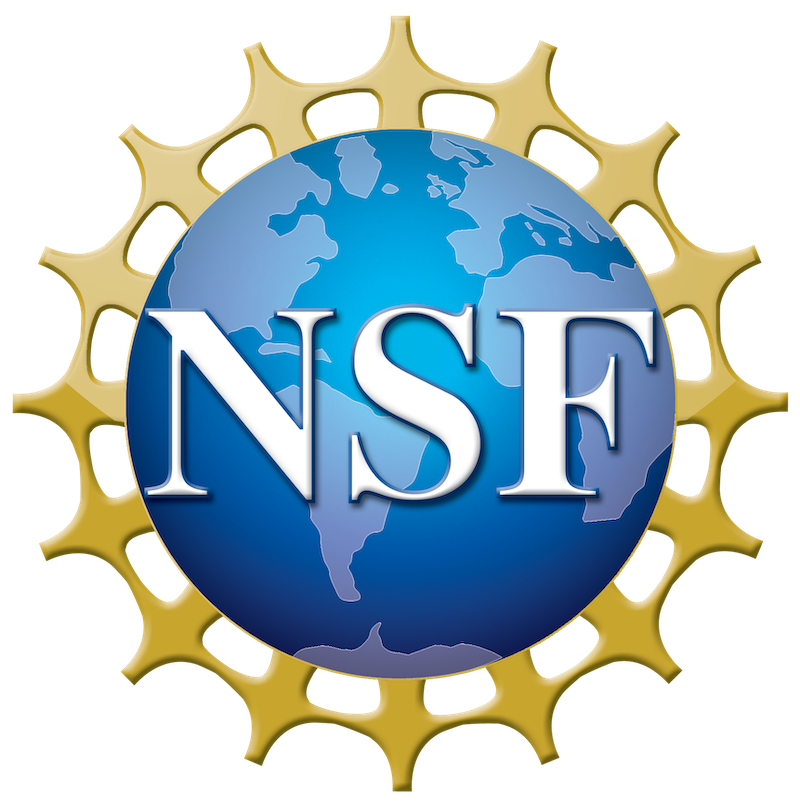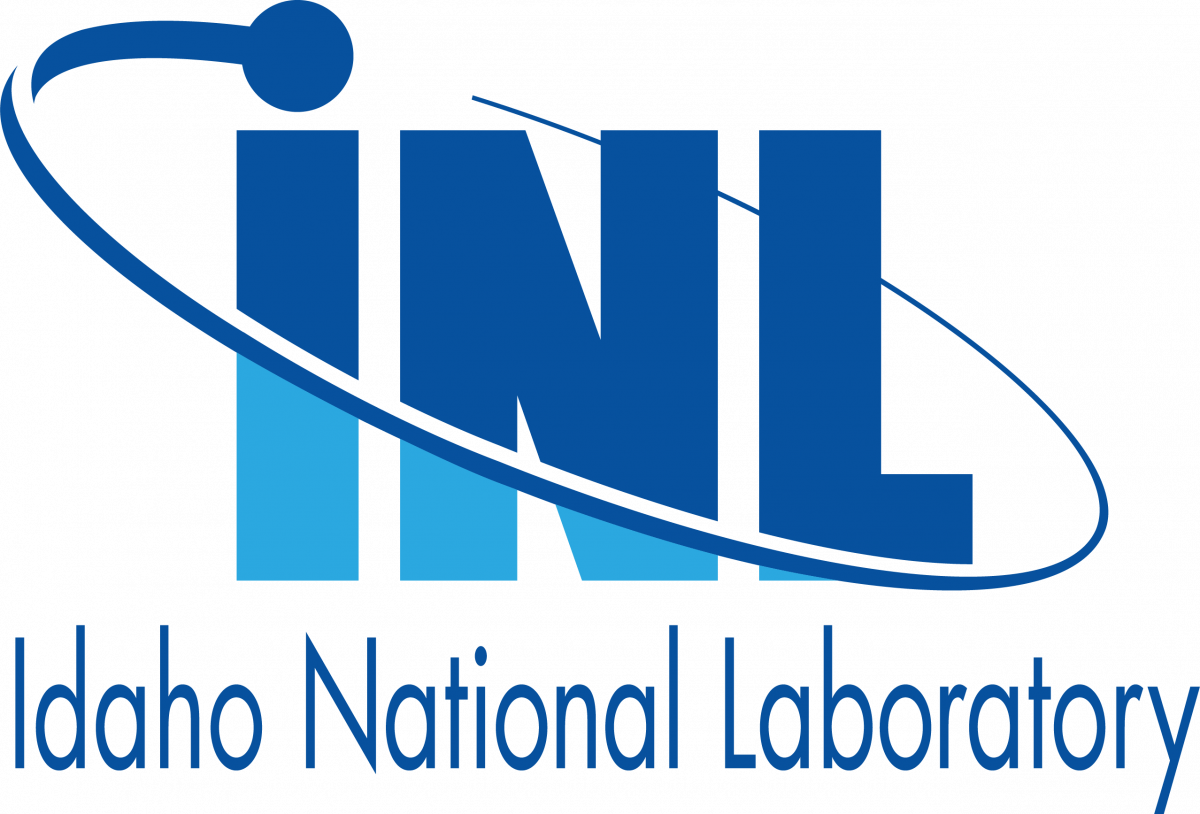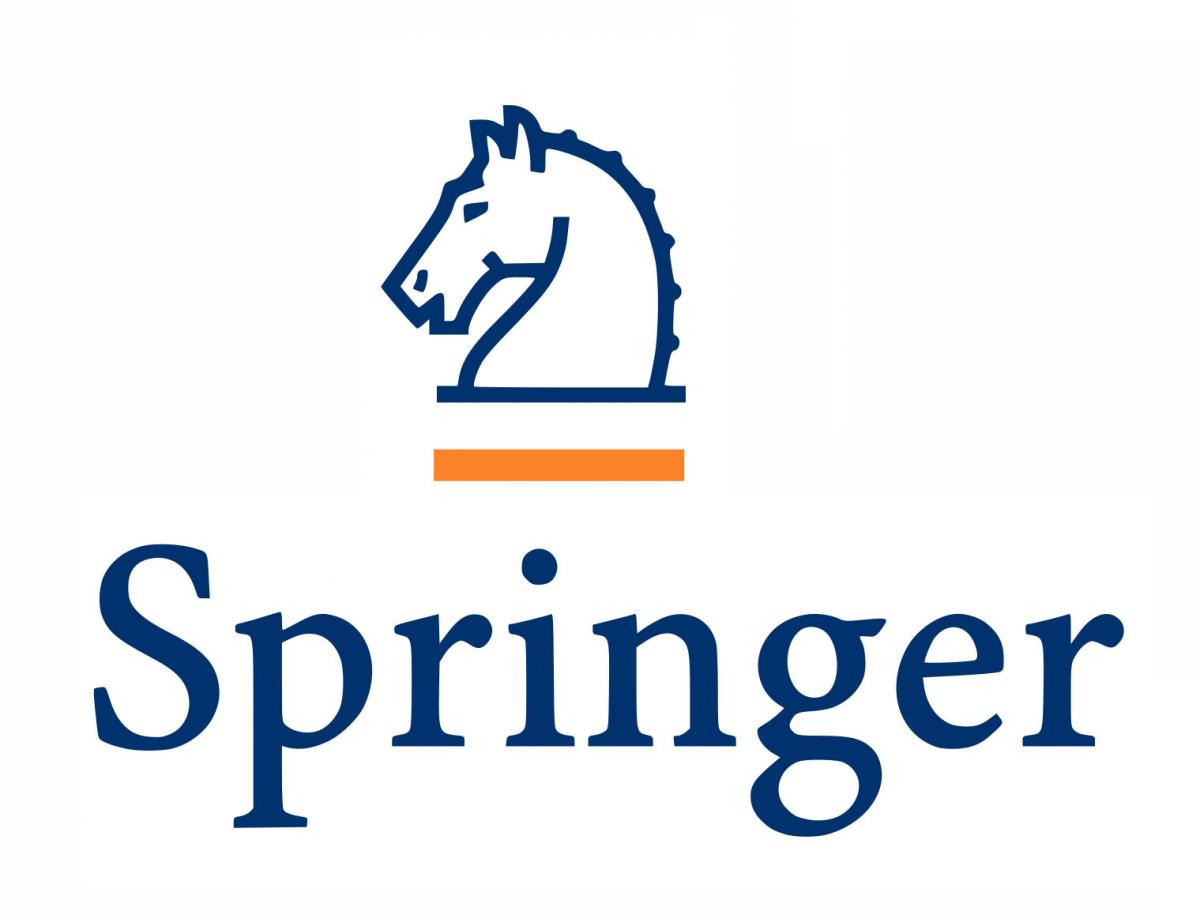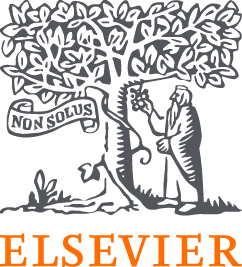Som Dhulipala, Idaho National Laboratory
Michael Shields, Johns Hopkins University
Xu Wu, North Carolina State University
Audrey Olivier, University of Southern California
Jarek Knap, Army Research Laboratory
Ting Wang, Booz Allen Hamilton
Multiscale models, multiphysics models, and network systems are part of complex systems, the modeling of which is computationally expensive. This expense is exacerbated when performing uncertainty quantification (UQ) studies for tasks such as inverse parameter estimation, rare events analysis, and optimal design and control. By integrating ML models into UQ tasks, especially with active feedback loops, ML-aided UQ can provide a computationally tractable framework for UQ studies involving complex, high-dimensional, and/or multi-scale systems. However, several challenges such as robustness and efficiency of the UQ, algorithmic scalability, enforcement of physical constraints, and use of parallel computing need to be addressed for enhancing ML-aided UQ in the computational sciences. This mini-symposium focuses on the recent advances in algorithms, frameworks, methodologies, and applications that promote ML-aided UQ in the computational sciences. Because advancing ML-aided UQ requires research in ML, statistics and probability, and the domain of interest, all topics directly addressing or supporting ML-aided UQ are welcome in this mini-symposium. These include, but are not limited to, approximate inference, gradient-based sampling and optimization, quality of the UQ, UQ with parallel computing, Bayesian Neural Nets, Reinforcement Learning, Active Learning, and applications.











